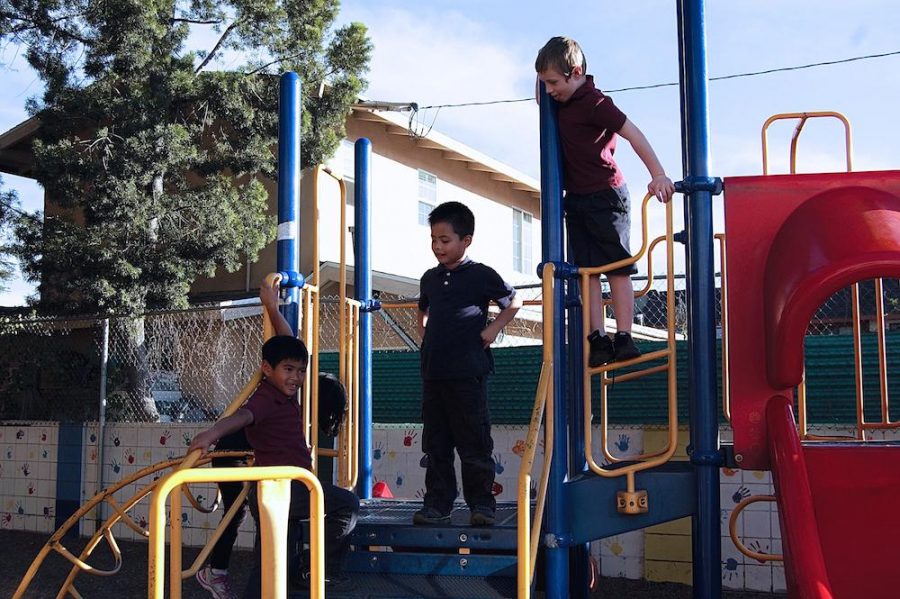(May 25, 2012) — The English language is in a constant state of flux, and teens seem to be the root cause. Nowadays, an average teen is more likely to speak in all acronyms rather than take the time to enunciate words individually. Popularized sayings like OMG, LOL, FML, ROFL, and BRB have taken the place of much of a young person’s vocabulary. Conversations have become shorter and more plain. People type in acronyms just to save a few letters, and who’s to say that people won’t start talking that way too very soon. Young teens’ speech and writing styles are drastically changing. These teens are the future of the English language, and the way they speak and write is the way the future will speak and write. But is that really a bad thing? When you think about it, the very language we speak today only slightly resembles the language of yesteryear. You only need to pick up a copy of Shakespeare to see that the English language has undergone drastic changes like this before. We look back at how Shakespeare wrote, we laugh, thinking how these people spoke strange English. In truth, however, we’re the ones speaking strange English today. If someone like Shakespeare could hear us now, he or she would probably be dumbfounded at the utter destruction of their language that now passes as normal and proper. I say that it’s only right for some people to think that way about what is happening to the language now. There is a set of guidelines that modern English writers and speakers have grown accustomed to, a set of standards that we use to define our language. We have become comfortable with how our language looks and sounds, and some people have a hard time accepting change. It’s normal human behavior to reject something that crawls into your comfort zone. However, change is happening regardless. Perhaps a thousand years from now, the English language will transform into something completely alien. I’m convinced that the language will adapt beyond us, and continue doing so for every few generations. It’s not easy to come out and say with any certainty whether these changes will be good or bad. I can say, however, that there will always be people who will look down at the slang of the youth and shake their heads in disgust. There will always be a gap between the old generation and the generation responsible for the change, even when the English language had transformed into a sequence of clicks and squeaks. Change is necessary. Parents would be just as frustrated with their teens today if they started speaking in Victorian English. Some parents would even complain if instead of a new iPad their teen asked for a typewriter, a phonograph instead of an MP3 player, a room sized IBM 360 instead of a flat screen desktop. Progress for the sake of progress applies to a language as well. I rarely find that progress brings the human race nothing but good things. We may not see the benefits at first and it may seem pointless and stupid, but progress is, by definition, a step forward. I can’t say, nor do I think anyone else can, whether a step forward for society is a step in the right direction. I can say, however, that humanity generally doesn’t take steps backwards.
Categories:
The changing face of the English language
May 25, 2012
More to Discover








